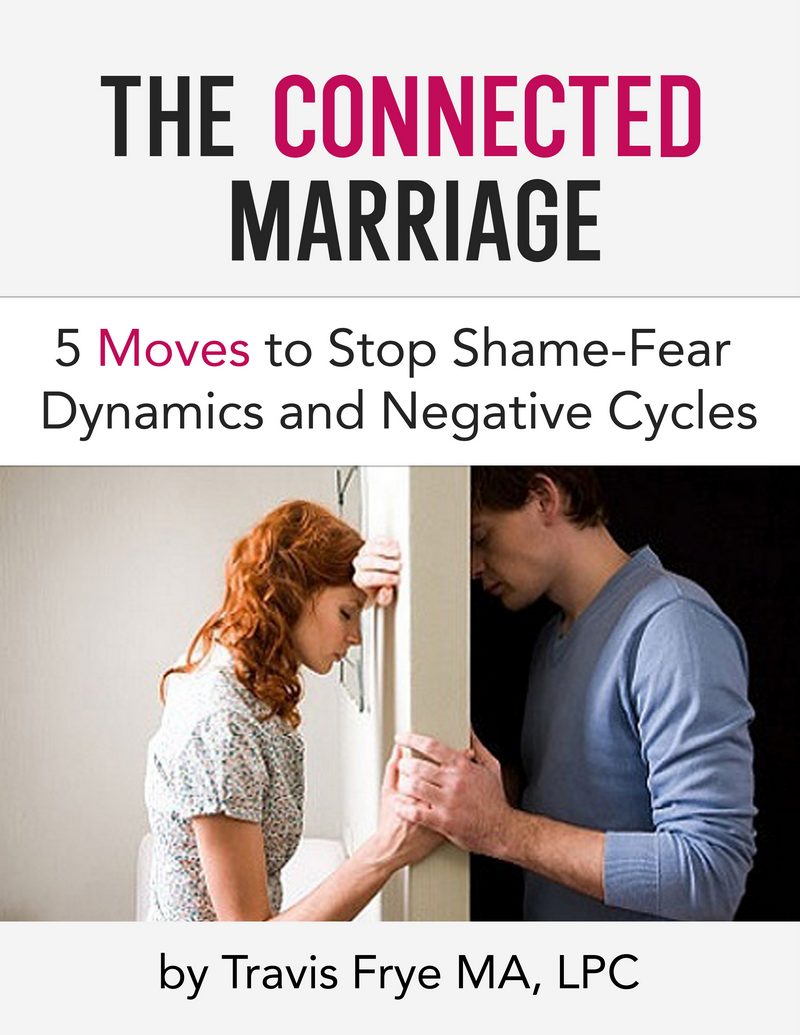It’s Not About The Nail
There is a video I recently watched on YouTube entitled, “It’s Not About the Nail.” In the video there is woman talking to who appears to be her husband about the pressure she is feeling and how difficult things have been for her. She is in obvious distress and in need of his empathy and care. The camera is zoomed in so all you can see is a portion of her face as she is talking about how scared she feels with not knowing if the pressure she feels is ever going to stop. As the camera zooms out the audience can now clearly see she has a nail embedded into her forehead. We then see her turning to her husband who has a classic look of, “Are you freaking kidding me?” on his face as he points out to his wife that the reason why she feels the pressure is because she has a nail in her head! Of course, the comedic genius of the video is that she immediately goes into frustration with her husband accusing him of always trying to fix things. He then reacts defensively pointing out that he is not trying to be a fixer, but that she would feel a whole lot better if she recognized and then fixed things by taking the nail out of her head. The video goes on with her growing more upset as she just wants him to listen and his empathy. The husband gets to the point where he resigns himself to just listening even though the look on his face clearly says it all. “That sounds really hard,” are the words he utters to his wife who seems to finally feel like he is listening and caring for her. Feeling closer and more connected they move towards one another to kiss only to bump the nail on her head which sends them right back into the spiral. Classic!
A Common Struggle: “The Fix It Problem”

I love this video because it so poignantly highlights a common struggle between men and women that I call “The Fix It Problem.” When women need care and support they often receive practical guidance and solutions. When men want to show their love and care it is often expressed in advice. Of course, this creates many problems. First, this is often perceived by women as men not caring. Second, men often feel like the advice given is being rejected or not good enough. The result is that both parties feel hurt, disappointed or even rejected. There are definitely times when a practical solution is needed. However, there are times when listening with your heart is also needed. The challenge is knowing when a practical, emotional, or a combination of both, is the response that is warranted. To help you know how to respond I have shared a few of my thoughts below to offer insight for both men and women.
For Women
I think it is important to remember that most men offer solutions because deep down inside they really do care. It is coming from a place of wanting to help. It is how many men have been taught to show their love. It is also how many men feel like they are being valuable to their spouse or partner. If a guy can fix the problem he then becomes like the knight in shining armor. He has saved the day! Conversely, when the solution offered is rejected it can be defeating. It is like failing or disappointing the person that means the most. It is so important for women to keep this perspective in mind when their husband or partner is attempting to fix things.
For Men
You are the solution! Women need YOU more than they need an answer to their problem. They need your care, love, and support. They need to know they are not alone; that you are with them. Many times just being emotionally present and engaged will fix the issue. There may be situation where you will need to identify a practical solution but what is almost always needed first is connection. Feeling listened to and validated lowers the defenses and opens up the heart and mind to hear any advice that may need to be spoken.
For Both Men and Women
First, one of the best ways to circumvent the frustrations and hurts that come for both men and women is to first focus on the emotional aspect of an issue. The goal here is for there to open and vulnerable communication about all of thoughts, feelings, wants, needs, expectations, perceptions, etc… before moving into problem solving. Exploring all aspects of an issue not only results in feeling heard and understood but also in being able to make more informed decisions.
Second, we are all responsible to tell our spouse or partner what we feel and what we need. It is very destructive to buy into the notion that if our spouse or partner really cared they would automatically know what we need, feel, or want from them. It is the thought that he or she should be able to know what you need without first expressing yourself. The reality is we have to be able to reach out and tell our spouse/partner what we feel, think, need.
Finally, the more you can share vulnerably the more the understanding and connection grows. You become more in tune with one another and while the reality of expressing what you think, feel, and need is still needed you can become more sensitive to each other. Safety and trust will grow which means you will be less likely to fall into The Fix It Problem!
Next Steps
Call us at 623-680-3486,text 623-688-5115, or email info@crossroadsfcc.com. You can ask all the questions you have and see if couples therapy at Crossroads is the right fit for you and your partner. You can also learn more about Emotionally Focused Couples Therapy (EFT) as well. Our offices are conveniently located throughout the Valley of the Sun including Phoenix, Anthem, Paradise Valley, and Scottsdale. We would be honored to support you in better understanding your relationship. You can start your therapy journey by following these simple steps:
- Contact Crossroads Counseling
- Meet with a caring therapist
- Begin addressing your relationship struggles






